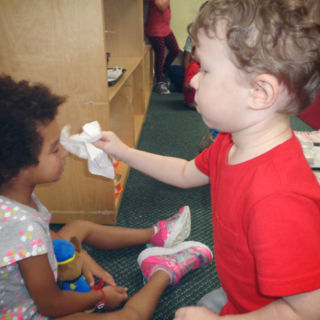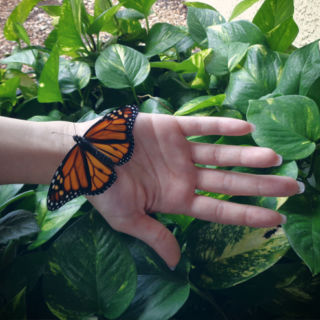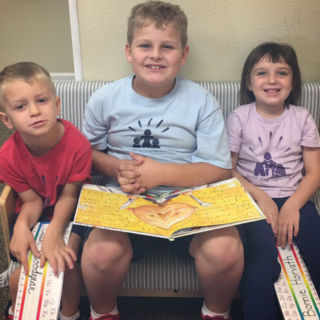
Showing gratitude is an important part of who we are as humans. It strengthens our relationships and our connection to our community, and studies show that expressing appreciation makes us happier and more compassionate people. For young children, naturally ruled by their ego, we must encourage an awareness that goes beyond the self.
Dr. Maria Montessori understood implicitly the value in fostering a grateful nature in children and helping them become compassionate citizens of the planet. Our daily Montessori routines center on being sensitive and empathetic to others, and truly appreciating what others do for us. Our classroom community fosters gratitude by encouraging children to help each other, developing habits of vocalizing appreciation, and expressing thanks for special acts of selflessness.
Just this week, our children wrote thank you notes to our Teach-In guests for sharing their professions and hobbies. The children’s cards were beautifully illustrated and full of heartfelt sentiment.
Teaching children to be grateful and show appreciation takes patience. Gratitude is a quality that needs cultivating over time. But encouraging children to be grateful and modeling its importance is well worth the effort as it lays the foundation for children to act with love, kindness and respect.



